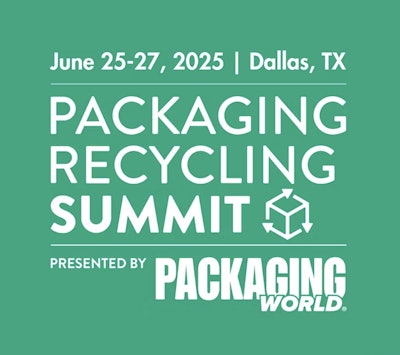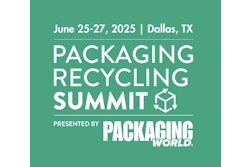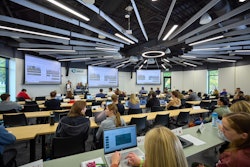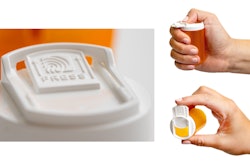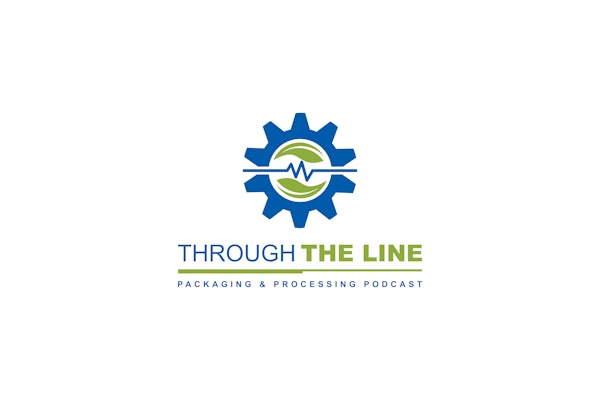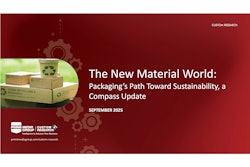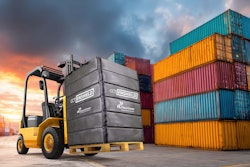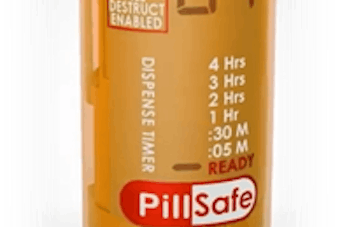The third annual Packaging Recycling Summit is next month, June 25-27, 2025 at The Ritz-Carlton Dallas, Las Colinas Resort & Spa in Irving, TX. PRS presents a focused agenda for education and collaboration with key stakeholders across the CPG packaging supply chain, including the life sciences space.
On Friday, June 27 at 9:30 a.m. attendees will hear from Duncan Flack, Global Sustainability Lead, Honeywell in his session titled, How to Deliver Pre-Competitive Collaboration Across an Industry. Many companies talk about and recognize the need to collaborate in order to deliver sustainability targets within their industry but how many actually step up the plate and actively participate in collaborative programs? The Circularity in Primary Pharmaceutical Packaging Accelerator (CiPPPA) provides a great example of how an industry is calling upon its stakeholders to take account of the waste packaging that it generates, and how they're looking to embed the principles of circularity into the design of packaging formats to design out the inherent obsolescence that exists in so many packaging formats.
Flack leads the vision and execution of Honeywell’s sustainability goals around healthcare, packaging and End of Life. He has worked for 15 years in the pharmaceutical packaging industry and in recent years, has delivered unique sustainability solutions to the UK market, helping to advance circularity around difficult-to-recycle healthcare packaging materials. He is a founding alumnus of the Sustainable Medicines Partnership and a founder and Chairman of the Circularity in Primary Pharmaceutical Packaging Accelerator (CiPPPA). CiPPPA is focused on the alignment of sustainable activities within the pharmaceutical industry; delivering nationwide take back schemes, enabling the reduction, collection, and recycling of pharmaceutical packaging associated with blister packs, metered dose inhalers, and auto injectors.
PRS will bring together brand owners, retailers, packaging material and equipment suppliers, reprocessors and materials recovery facilities (MRFs). Over 40 educational sessions will explore topics including designing for recyclability, Extended Producer Responsibility (EPR) regulations, advanced recycling technologies, materials innovation, and effective consumer education strategies.
